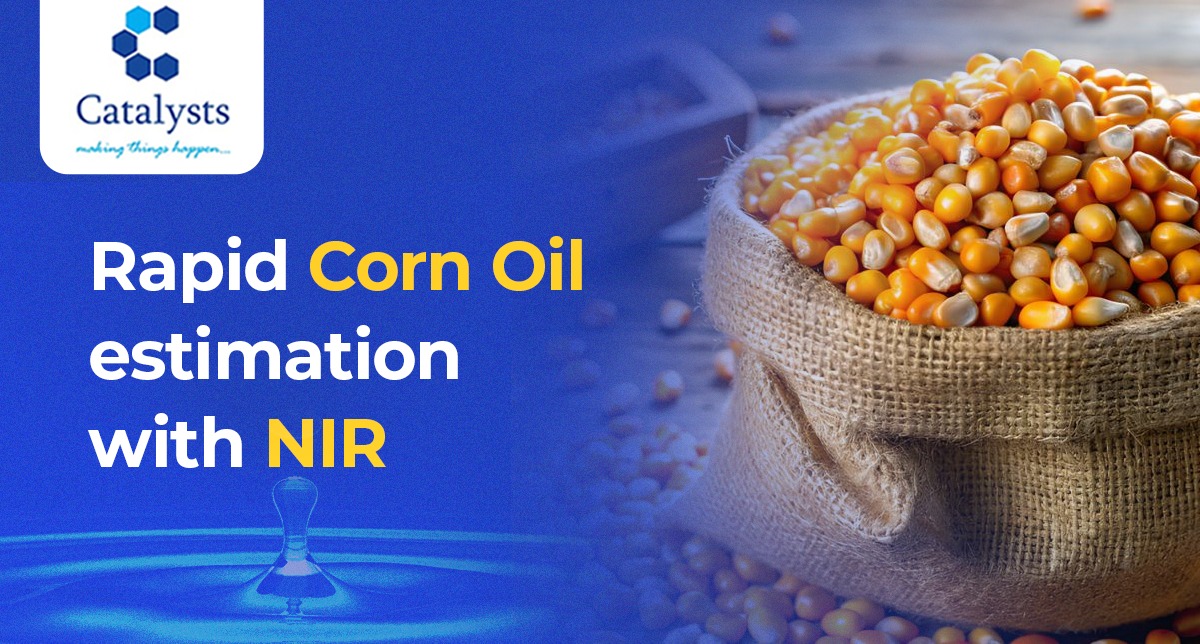
Unlocking the Power of Enzymes: Nature's Tiny Catalysts
Enzymes have been indispensable players in the world of biology for
centuries. These remarkable molecules, made of proteins, are nature's own
catalysts, speeding up biochemical reactions and enabling life as we know it.
In this article, we'll explore the basics of enzymes, their composition, and
their diverse applications, including their role in ethanol fermentation.
The Building Blocks of Enzymes
Enzymes are intricate protein molecules, and like all proteins, they are
composed of long chains of amino acids. What makes them special is their
three-dimensional structure, which includes an active site—a region that
precisely fits the molecules involved in a specific chemical reaction. This
active site allows enzymes to act as catalysts, bringing reactants together and
facilitating chemical reactions without being consumed in the process.

A Historical Perspective
The use of microbial enzymes for making alcoholic beverages from barley
dates to 6000BC. Long before scientists understood their nature, people
harnessed the power of enzymes in processes like fermentation for brewing beer,
making cheese, and baking bread. These early applications were rooted in trial
and error, with little knowledge of the underlying science. In 1833, scientists
recognized microbial enzymes were catalyzing reactions which led to
fermentation for beer, cheese and bread.
Uses of Enzymes
1. Digestion: In our bodies, enzymes like
amylase, lipase, and protease break down the food we eat into smaller molecules
that can be absorbed and used by our cells.
2. DNA Replication: Enzymes like DNA polymerase
help copy our genetic information accurately during cell division.
3. Biological Defense: Some enzymes, like lysozyme,
protect us from harmful bacteria by breaking down their cell walls.
4. Detergent Manufacturing: Enzymes are used in laundry
detergents to break down stains and dirt, making clothes cleaner.
5. Medical Applications: Enzymes are employed in
diagnostics, as markers for specific diseases, and in therapies, such as enzyme
replacement therapy for certain genetic disorders.
6. Food Industry: Enzymes are used to enhance
food quality and production, like in cheese making and bread baking.
Enzymes in Biofuel Production
One fascinating industrial application of enzymes is in Ethanol
Fermentation. Ethanol, an alcohol used in beverages and as a fuel additive, is
produced through the fermentation of sugars by yeast. Enzymes, such as amylase
and cellulase, break down complex carbohydrates into simpler sugars, which
yeast can then ferment into ethanol and carbon dioxide. This enzymatic process
accelerates the production of ethanol, making it more cost-effective and environmentally
friendly.
Conclusion
Enzymes are tiny but mighty catalysts with a rich history of applications in both biology and industry. Their diverse roles, from enhancing food quality to aiding in biofuel production, showcase their incredible versatility. As we continue to unlock the secrets of these molecular workhorses, we can expect even more innovations and improvements in various fields, driving progress and efficiency in the world around us.
Recent Posts

Rapid Corn Oil Estimation with Near-Infrared Spectroscopy: An Effective Analytical Technique with Ne
Explore the effectiveness of near-infrared spectroscopy in rapidly estimating corn oil, providing new perspectives and enhancing analytical techniques in agriculture.

GC-FID: A tool for analysis of FAMEs in corn oil
Explore GC-FID, the essential tool for accurate FAME analysis in corn oil. Unlock detailed insights and improve your research outcomes today.

The Role of Enzymes in Maize-to-Ethanol Fermentation
With the rising demand for renewable energy sources and sustainable fuel alternatives, ethanol production has gained significant momentum worldwide. Ethanol, also known as bioethanol, is a biofuel commonly used as a renewable alternative to fossil fuels. One of the most popular feedstocks for ethanol production is maize (corn), primarily due to its high starch content, wide availability, and suitability for large-scale production.
Catalysts Connect
Keep up to date with our latest news and analysis by subscribing to our regular magazine and newsletter

Post a comment
Your email address will not be published.